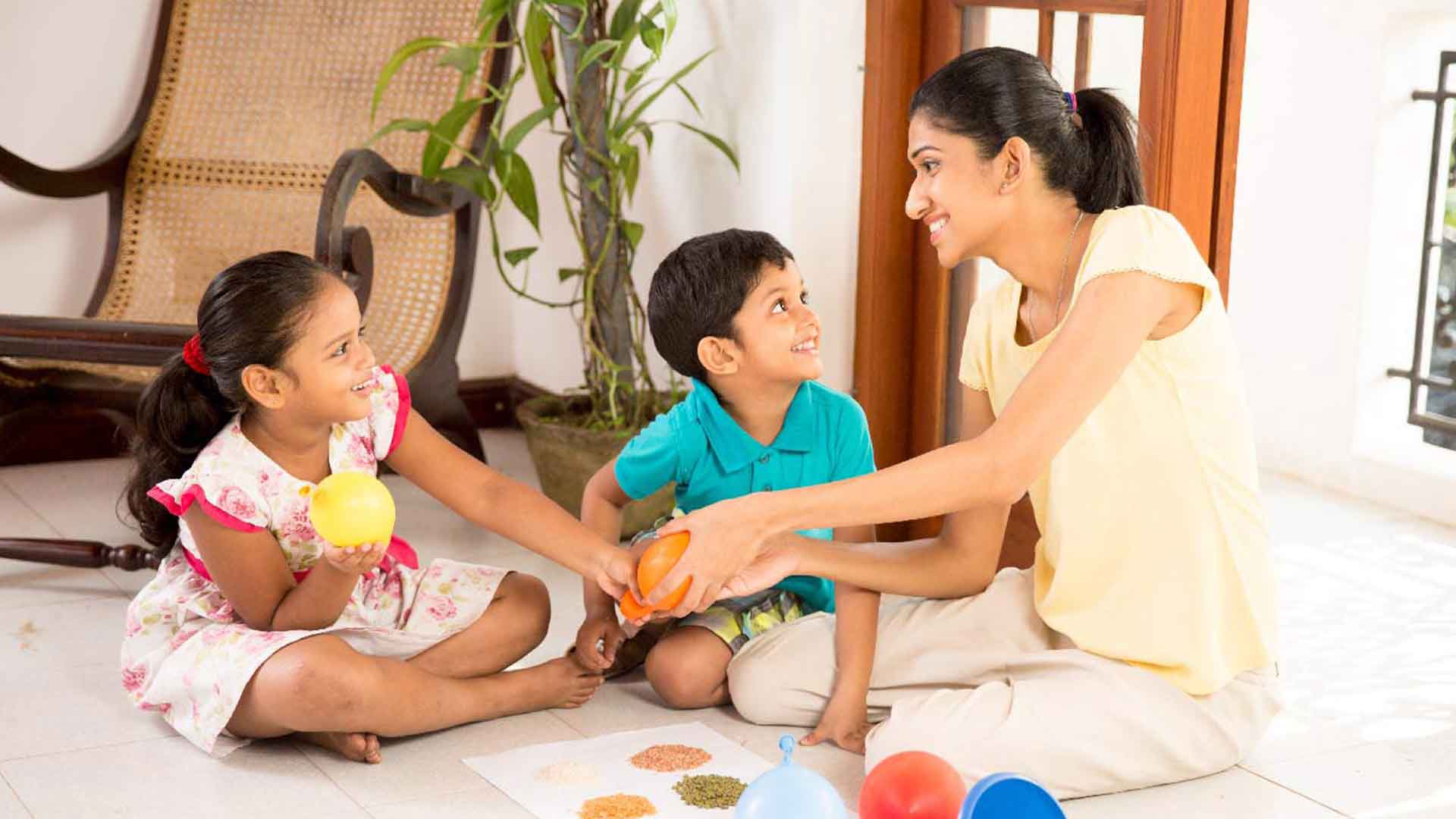























New Sibling Change and Adjustment


Remember when you first learnt that you were expecting your first baby. Very exciting news that marked a major transition from a family unit of two to three members. This new addition, a bundle of joy, created a lot of changes for yourself and your household. Your newest member required a lot of nurturing, care, and attention.
Your sleeping patterns, whose needs take priority, the nature of your relationships all of which were subject to change. As adults, we adapt to these changes, as we experience a range of emotions from frustration to anger along with lots of happiness and joy that comes with a baby.
The arrival of your Second Child
You are now expecting your second child. Your family unit is changing yet again and this time you have a young child who is not yet fully able to understand the needs of his or her younger sibling and the changing interactions and relationships that he or she now must experience as time and attention is shared with the new baby who has clear needs of care.
The reaction of your first child would vary according to age - we can connect this to their stage of development and how much the child can understand about the changes in his / her household. If your elder child is less than 4 years of age you can expect some behaviours such as tantrums, and experience jealousy which is very normal. If your elder child is 4 years, he or she would be better able to understand the needs of the new entrant. Despite this, the loss of attention could still be a cause of jealousy.
At this crucial age from birth to five years children are making developing their sense of security in relationships and the parental relationship is foundational. All behaviour at a young age is an expression of need. The age would also signify the changing needs and ability to express and understand and take on responsibilities.
An age gap of 2 years
It is very normal for the child to feel jealous as s/he must now share parental attention, the attention of other adult family members and friends. During this time, you might see behaviours like overt tantrums increase, regressions to behaviours of a young age such as reverting to baby talk crawling etc. Sometimes the manifestations of behaviour could be quieter. You might also see resistance to accepting the baby.
Not understanding what they are experiencing, they will need assurance from you that everything is ok. Praise of good behaviours and hugs would be reassuring at this time.
- Always acknowledge feelings – they will not know how to express themselves yet. You might want to say, “being an elder child is hard and you might feel angry or sad”. Then offer support with reassurance – that “he/she would always be loved and they”.
- Reinforce good behaviours by appreciating and praising them.
- Make sure you have time to spend with your elder child to play, read, talk etc
An age gap of 3 to 5 years
When your elder child between three and four years they are going to be better able to understand so you would be able to explain better. But they could also act out more – by saying things like send the baby back to the hospital or hit the baby your even yourself (parents). Regression is also possible. Tantrums would also be possible. For the most part, this would be normal again – an expression of jealousy for having lost status as the baby with all its benefits.
But as normal as this may be, we cannot expect this to end on its own so we must intervene kindly.
- As they now have friends outside the home, playdates are good
- You could also have the child help you with tasks to take care of the baby
- Stories are a good way to prepare a child before the baby is born for what is to come.
Continued Difficult Behaviours
The above strategies might be as helpful if you have a child who is more aggressive towards the new sibling.
Here you would have to establish boundaries with kindness. You would want to set a boundary calmly and firmly – “I will not allow you to hit the baby”. Look at other ways to help your child express angry. Like drawing playing with clay.
Take care of yourself and be patient and share the strategies that worked for you.
Share With:
Recommended Articles


Happy Family Do’s
One of the most common goals of a family is to ensure that everyone is happy. But it is unbelievable at times to realize that making everyone happy is not a...
Read More

Managing Temper Tantrums
If you are a parent of curios and an active little boy or a girl in the age between one to four years, temper tantrums are no more a strange experience for ...
Read More

